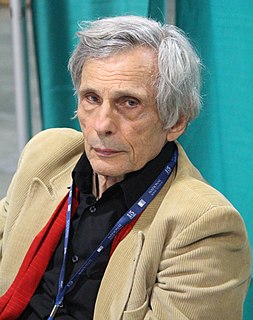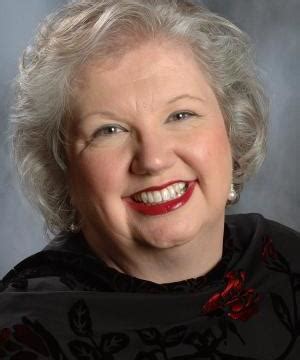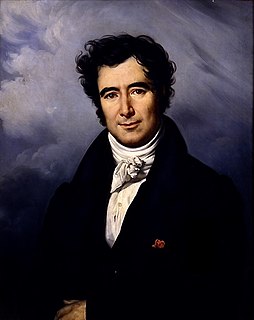A Quote by Daniel J. Boorstin
A sign of celebrity is that his name is often worth more than his services.
Related Quotes
Because he did not have time to read every new book in his field, the great Polish anthropologist Bronislaw Malinowski used a simple and efficient method of deciding which ones were worth his attention: Upon receiving a new book, he immediately checked the index to see if his name was cited, and how often. The more "Malinowski" the more compelling the book. No "Malinowski", and he doubted the subject of the book was anthropology at all.
The name, his true name, was weaker and more flawed than he would have liked, and he hated himself for that, but there was also much to admire within it, and the more he thought about it, the more he was able to accept the true nature of his self. He was not the best person in the world, but neither was he the worst.
His words even imply that philanthropy has deeper depths than is generally realized. The great emotions of compassion and mercy are traced to Him; there is more to human deeds than the doers are aware. He identified every act of kindness as an expression of sympathy with Himself. All kindnesses are either done explicitly or implicitly in His name, or they are refused explicitly or implicitly in His name.
Perhaps even more than constituted authority, it is social uniformity and sameness that harass the individual most. His very "uniqueness," "separateness" and "differentiation" make him an alien, not only in his native place, but even in his own home. Often more so than the foreign born who generally falls in with the established.
I find that the respectable man, so called, has immediately drifted from his position, and despairs of his country, when his country has more reason to despair of him. He forthwith adopts one of the candidatesas the only available one, thus proving that he is himself available for any purposes of the demagogue. His vote is of no more worth than that of any unprincipled foreigner or hireling native, who may have been bought.
I was often humiliated to see men disputing for a piece of bread, just as animals might have done. My feelings on this subject have very much altered since I have been personally exposed to the tortures of hunger. I have discovered, in fact, that a man, whatever may have been his origin, his education, and his habits, is governed, under certain circumstances, much more by his stomach than by his intelligence and his heart.





































